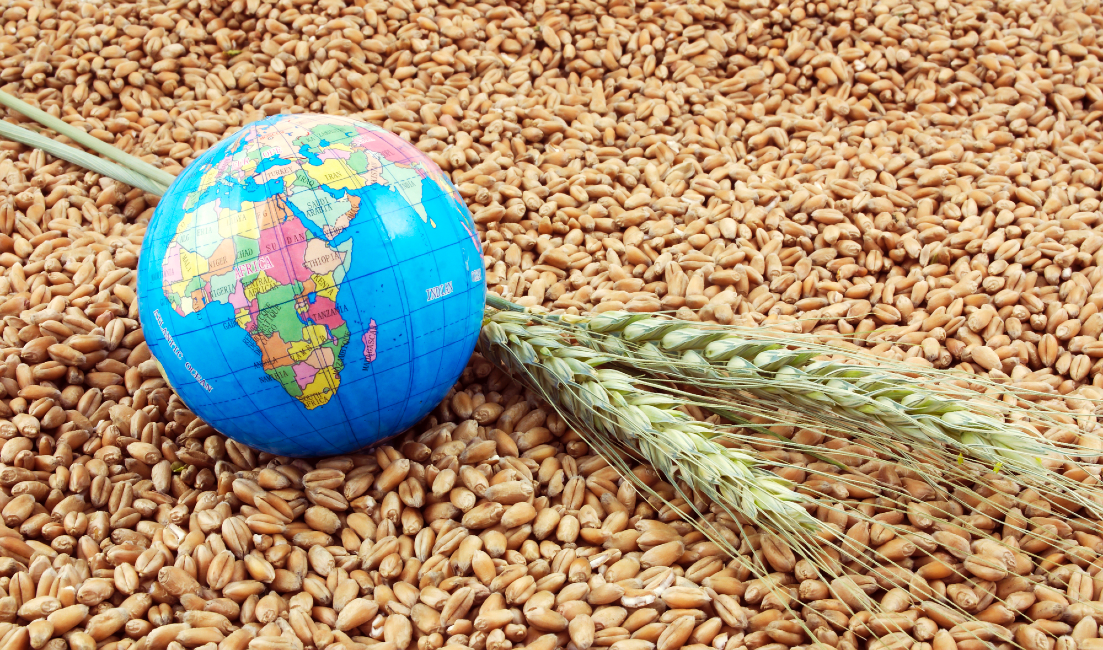Food security gets less attention than it deserves. About 3.1 million Kenyans are facing acute hunger, and aside from this, food prices in the country are still on the rise.
During a forum held by Agriculture Research in Africa, Association of Agricultural Research in East and Central Africa, and East Africa Farmers federation they implemented a collaborative project ‘Strengthening Agricultural Knowledge & Innovation Ecosystem for Inclusive Rural Transformation and Livelihoods in East Africa’. The project will empower the small farmer and is aimed at achieving 3 things; Building the capacity of youth and women through training, technology transfer, and also bridging the gap between researchers and users of research outputs.
In the same project report, 70% of the rural population depends on agriculture for a living and 40% of the population in the urban areas, in addition to the problem of the high cost of food in Africa. The challenges faced like lack of access to the right seeds and lack of access to markets are the least of the problems small farmers face. The issue of impatient financing and/or lack of access to financing is also a great problem they face.
In the project discussions, it was said that most banks are not willing to lend to agri-business because it is regarded as high risk. The farmers are not very good at record-keeping and tracking production, and this poses a challenge with trust to acquire financing.
A solution shared for this is training the farmer societies to be able to run the cooperatives like corporate structures where they are well organized and then allow them to lend, and the financial institution can then entrust financing through the cooperatives because they are the ones who know the farmers.
The journey to food security is a long one, but all is not lost if we engage with other expert stakeholders such as these and build Kenya through Kenyans. We need to think outside the idea of ‘serekali saidia’ (government help us) because if we wait for politicians to do this for us, we will end up in the never-ending whirlpool of being a statistic as a country, and that isn’t fair. Is it?







